Holy Baptism is the basis of the whole Christian life, the gateway to life in the Spirit, and the door which gives access to the other sacraments. Baptism is the Sacrament by which we are initiated into the life of Christ and become a member of God’s household. Baptism may take place at any age after proper catechetical instruction. For adults this process is through R.C.I.A. (Rite of Christian Initiation of Adults). For children of catechetical age (7 or older) this process is through R.C.I.C. (Rite of Christian Initiation of Children). Parents of infants or small children are required to attend a baptismal instruction class. After attending the class and obtaining Certificates of Eligibility from the Godparents, they may call the parish office and arrange a date for the Baptism.
The Catholic Church allows one or two sponsors for Baptism, commonly referred to as “Godparents”, or one qualified Catholic sponsor and one Christian witness (those baptized in another Christian faith). The Church asks that there be one male sponsor and one female sponsor if there are two. If there is only one sponsor chosen, that person may be male or female. Sponsors must have received the sacraments of Baptism, Confirmation and Eucharist and be at least 16 years of age. If married, they must have been married in a Catholic ceremony recognized by the Catholic Church. If a Christian witness is chosen in addition to one Catholic sponsor, the Christian Witness must provide a letter from the Church they are registered and participating with, stating they have satisfied all the requirements of their faith and are qualified to be a Witness to Baptism.
Parents and Godparents are required to attend a Baptism Prep Class. Baptism’s are scheduled only after we have received Certificates of Eligibility for the Godparents.
The purpose of the sponsor is to assist the child in the development of their faith. For this reason you are asked to choose someone who practices their faith and not simply as an award to a faithful friend or relative. Once a Godparent has been chosen and the baptism has been performed the record cannot be altered later if you have a falling out with the Godparent or Christian witness. You are urged to take this seriously and choose wisely.

Baptism is the Sacrament by which we are initiated into the life of Christ and become a member of God’s household.
The Sacrament of Confirmation
Baptism, the Eucharist, and the sacrament of Confirmation together constitute the “sacraments of Christian Initiation”, whose unity must be safeguarded. It must be explained to the faithful that the reception of the sacrament of Confirmation is necessary for the completion of baptismal grace. For “by the sacrament of Confirmation, [the baptized] are more perfectly bound to the Church and are enriched with a special strength of the Holy Spirit. Hence they are, as true witnesses, of Christ, more strictly obliged to spread and defend the faith by word and deed.”
Confirmation is a two year catechetical program overseen by the Director of Religious Education. It begins in 7th grade and runs through the entire 8th Grade. In the student’s freshman year, usually September, they attend a retreat in preparation for reception of the Sacrament in October of the same year. In preparation for the Sacrament the students receive Catechetical instruction, perform community service, attend a retreat and receive the Sacrament of Reconciliation.
Older Children or adults should call the Director of the R.C.I.A. (Rite of Christian Initiation of Adults) program to complete their sacraments.
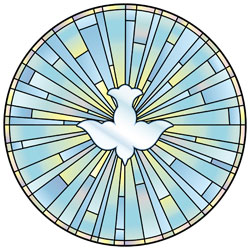
The Sacrament of First Eucharist
In the organic whole, the Eucharist occupies a unique place as the “Sacrament of Sacraments”: all other sacraments are ordered to it as to their end. The Eucharist is “the source and summit of the Christian life”. The other sacraments, and indeed all ecclesiastical ministries and works of the apostolate, are bound up with the Eucharist and are oriented toward it. For in the blessed Eucharist is contained the whole spiritual good of the Church, namely Christ Himself.
The reception of First Eucharist follows adequate Catechetical instruction, usually in the second grade level. Children first receive the Sacrament of Reconciliation, generally during the Penitential Season of Lent. Every Catholic is encouraged to receive communion weekly at Sunday Mass and they are urged to make a frequent good confession, especially if in a state of Mortal Sin. It is fitting that First Eucharist be received during the Easter Season. Due to the large number of children receiving, each child will be assigned a particular date by the Office of Religious Education. Your cooperation is appreciated.
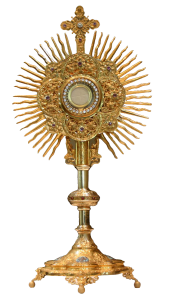
The Sacrament of Penance
Confessions are held on Saturdays throughout the year, with the exception of Holy Saturday,at 4:00 pm or by making an appointment through the parish office. The Reconciliation room has options for face-to-face or behind the screen confessions.
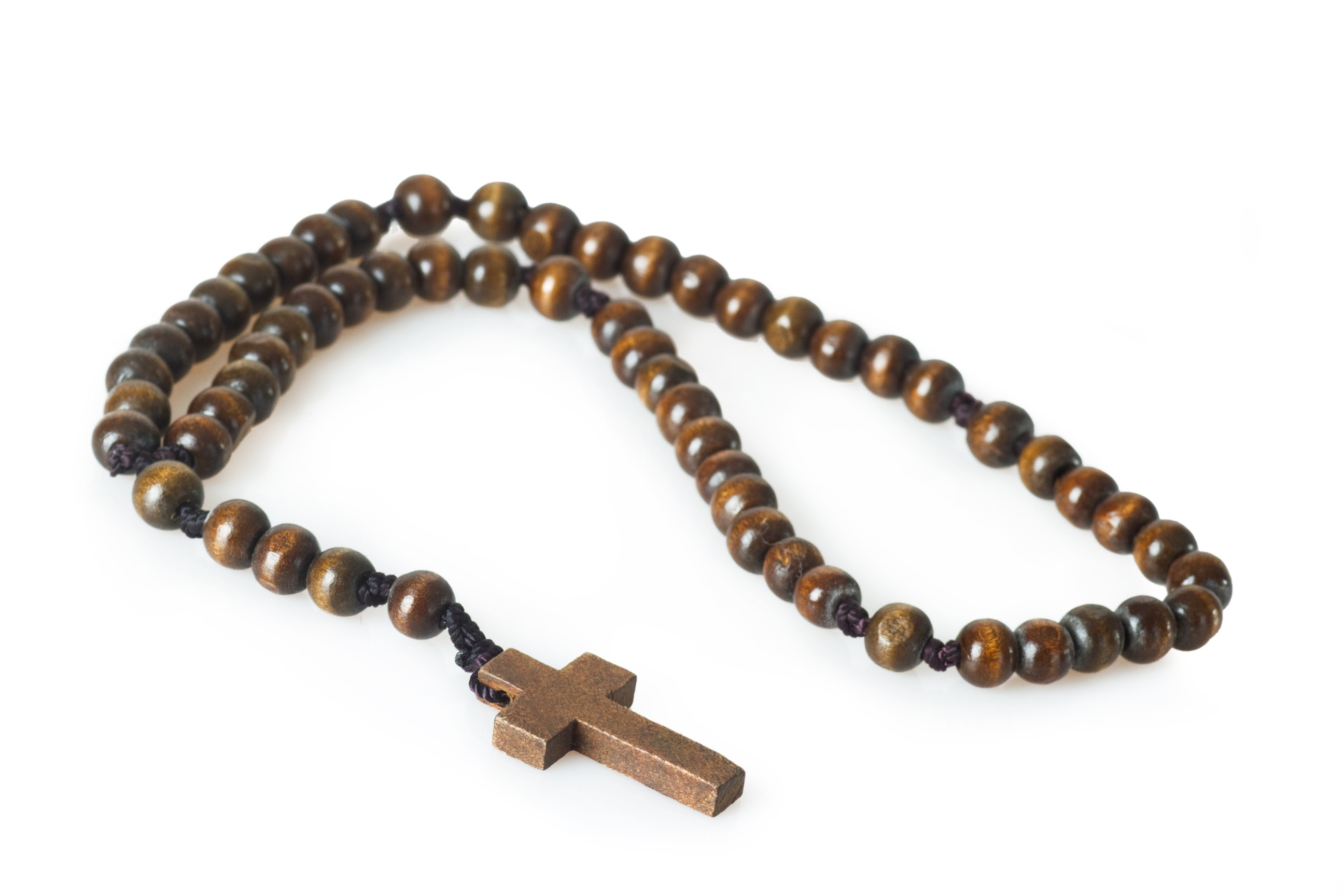
The Sacrament of Anointing of the Sick
By the sacred anointing of the sick and the prayer of the priests the whole Church commends those who are ill to the suffering and glorified Lord, that he may raise them up and save them. The reception of this sacrament is available to any Catholic who finds themselves in grave physical, spiritual or mental state of illness. Arrangements should be made through the parish office for those who are homebound. If after hours, or on weekends, and the person is in imminent danger of death, leave a message. The phone is checked periodically throughout the day. If you are having surgery you may ask a priest to anoint you before the surgery. Call the office to schedule an appointment. Please do not arrange for someone else to be anointed unless you are immediately related to the person in need and know they desire to receive the sacrament. This avoids embarrassing the priest and the ill person avoiding an otherwise awkward situation. Please note: It is best not to wait until the very last moment to call for a priest. There are situations when no priest is available and might be several hours away from responding.
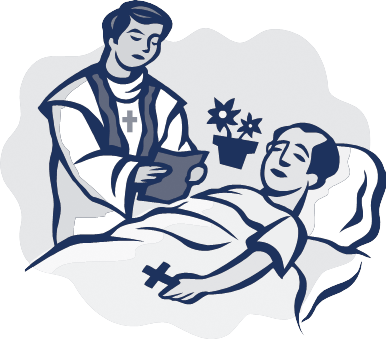
The Sacrament of Holy Orders
Holy Orders is the sacrament through which the mission entrusted by Christ to His apostles continues to be exercised in the Church until the end of time: thus it is the sacrament of apostolic ministry. It includes three degrees: episcopate, presbyterate, and diaconate. This Sacrament has three degrees within it: Diaconate (Permanent and Transitional), Priests and Bishops. Those who feel called to the Order of Deacon may contact the Pastor to discern the Call to this vital ministry in the Church. The permanent Diaconate is open to married or single men over the age of 35 who have gone through the Trenton Diocese Diaconate Classes (currently a 4 year program).
Those men who are not married who wish to pursue studies to the priesthood may contact the of the Diocese of Trenton at 609-393-2801 or view information on the web site www.godiscallingyou.com. The Office of Vocations also has an interactive CD-Rom available and regular discernment meetings held monthly throughout the Diocese. The Diocese also has a House of Formation for those men not sure or who are in transition in preparation for Seminary.
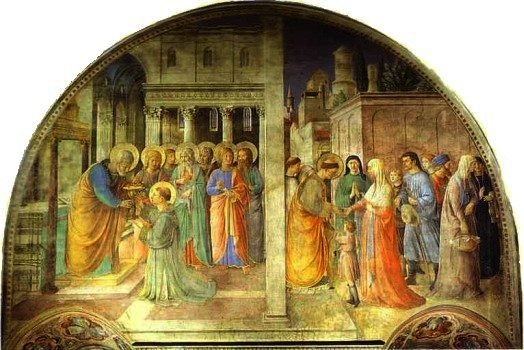
Holy Orders is the sacrament through which the mission entrusted by Christ to His apostles continues to be exercised in the Church until the end of time
The Sacrament of Marriage
The Parish follows the Common Policy for Marriage for the Province of New Jersey. The Catholic Church of New Jersey has the same policies throughout the State by agreement of the Bishop’s of New Jersey. Those wishing to Marry must contact the Parish Office at least one year in advance. You must be a registered member of the Parish for a minimum of six months before scheduling a wedding date. Parishioners need to present sacramental documents to the Parish Office before securing a date. As part of the preparation for this lifetime commitment the couple has four instructional meetings. They are administered the FOCUS instrument to assist them in a assessing the strength’s and weaknesses of their relationship. They are required to attend a Pre-Cana instruction taught by married couples of the Parish. Since Marriage is a Sacrament and a religious institution the ceremony is a thoroughly Catholic one. The introduction of secular, pagan, superstitions or cultural practices are not permitted, this includes the music. Please call the Parish Office for more information.
